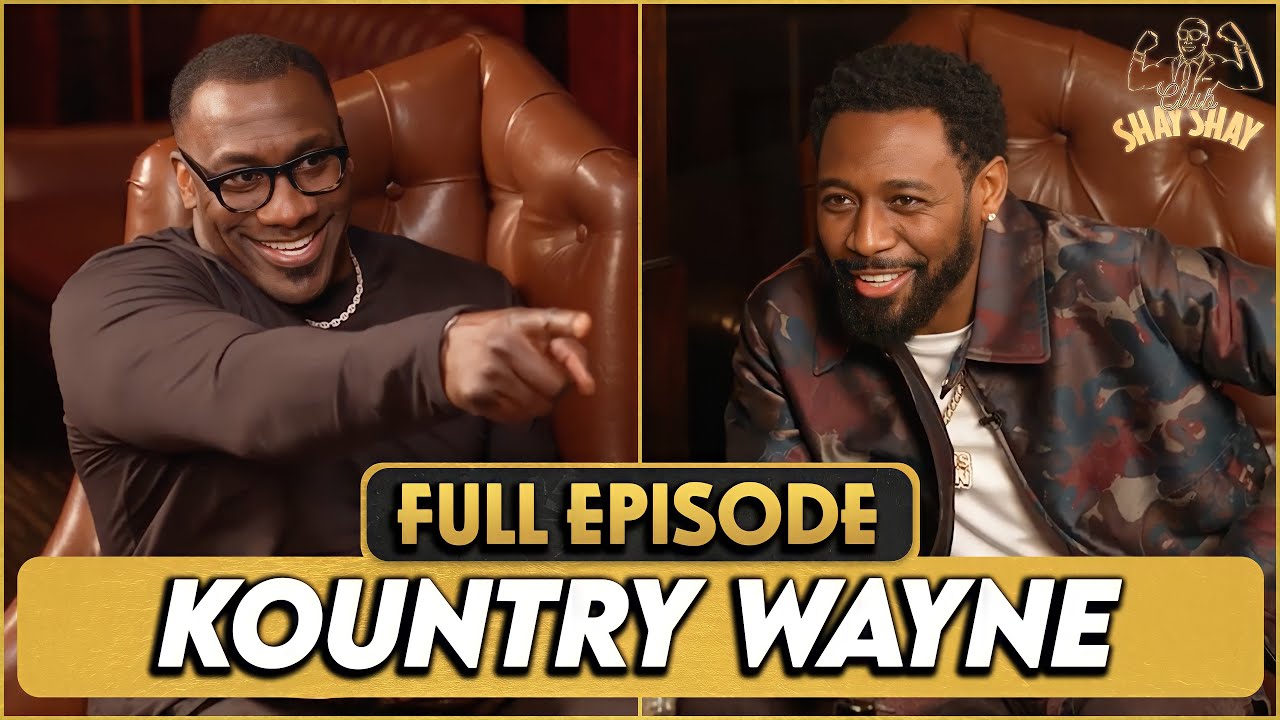KİM BU ABUGAT? HAYAT HİKAYESİ!
Summary
TLDRThe video script features an in-depth interview with a passionate rapper who discusses his journey in the music industry, starting from making beats in 2018 to gaining a massive following on social media. He talks about his creative process, drawing inspiration from American music, and his unique approach to rap that has resonated with fans. The artist also addresses the misconceptions around the 'gangster' image in rap, clarifying the difference between real-life criminal activities and the storytelling aspect of music. He shares his aspirations for the future, including opening a record label and the challenges he faces in the industry, such as the potential impact of military service on his career.
Takeaways
- 🎤 The artist discusses the difference between 'beni kovala' and 'marathon', indicating a transition from physical to metaphorical struggles.
- 🤕 The script mentions the artist's physical exhaustion and metaphorical 'injuries', suggesting the hardships faced in their career.
- 🎵 The artist is working on a song with a known rapper, indicating collaborations as part of their work process.
- 🎬 There's mention of a vlog and the artist's daily activities, highlighting the documentation of their life and work.
- 🏆 The artist expresses a desire to be recognized and appreciated by the public, showing the importance of audience engagement.
- 💻 The script includes a discussion about the technical aspects of music production, revealing the artist's hands-on approach to their craft.
- 🌐 The artist talks about their global aspirations in music, referencing influences from American music and a desire to make an impact internationally.
- 👪 There's emphasis on the artist's close-knit team and their collaborative efforts, underlining the importance of a supportive network.
- 🏘️ The artist reflects on their upbringing and the cultural context of their music, discussing the influence of their environment on their art.
- 🚫 The script touches on the negative perceptions and stereotypes associated with rap music, and the artist's response to these criticisms.
Q & A
What is the main theme of the conversation in the script?
-The main theme of the conversation is the life and career of a Turkish rapper, discussing his music, inspirations, challenges, and future plans.
What does the rapper mention about his music production process?
-The rapper mentions that he started with just one headphone and a computer, and he initially used to listen to music with only one headphone.
What is the rapper's view on the term 'gangster' in Turkish rap?
-The rapper explains that the term 'gangster' is often misused in Turkish rap. He differentiates between a real gangster, who is involved in organized crime, and rappers who merely tell stories or act out scenarios in their music.
How does the rapper describe his relationship with his audience?
-The rapper describes his audience as a 'kalem kitle', which translates to 'bone crowd', indicating a very dedicated and loyal fan base that he finds surprising and appreciates.
What is the rapper's opinion on the role of social media in his career?
-The rapper acknowledges the importance of social media in his career, mentioning that he has a significant following on platforms like Instagram, which plays a crucial role in his music's promotion.
What does the rapper think about the future of his music career?
-The rapper envisions a future where his music becomes more influenced by American styles and he hopes to achieve a global presence, inspired by the music he enjoys from artists in Atlanta and other regions.
How does the rapper respond to negative comments or 'haters'?
-The rapper takes a mature stance, stating that he cannot control what people say and that both positive and negative comments are part of being a public figure. He does not focus on the negative.
What is the rapper's daily routine like?
-The rapper mentions that he is a night person, usually waking up around 4 PM, and his daily routine revolves around making music, interacting with friends, and engaging with his audience.
What is the rapper's perspective on the term 'Affet' in the context of Turkish music culture?
-The rapper discusses 'Affet' as a term used in Turkish music culture, often associated with music that doesn't have the support of mothers or a nurturing environment, suggesting a raw and unfiltered form of expression.
What are the rapper's thoughts on the current state of the Turkish rap scene?
-The rapper believes that the Turkish rap scene needs more diversity and originality. He appreciates the coexistence of different styles and the opportunity for artists to express themselves freely.
How does the rapper describe his creative process when making music?
-The rapper describes his creative process as being influenced by various music genres, particularly American music, and he enjoys combining elements that he enjoys into his own unique style.
Outlines

Cette section est réservée aux utilisateurs payants. Améliorez votre compte pour accéder à cette section.
Améliorer maintenantMindmap

Cette section est réservée aux utilisateurs payants. Améliorez votre compte pour accéder à cette section.
Améliorer maintenantKeywords

Cette section est réservée aux utilisateurs payants. Améliorez votre compte pour accéder à cette section.
Améliorer maintenantHighlights

Cette section est réservée aux utilisateurs payants. Améliorez votre compte pour accéder à cette section.
Améliorer maintenantTranscripts

Cette section est réservée aux utilisateurs payants. Améliorez votre compte pour accéder à cette section.
Améliorer maintenantVoir Plus de Vidéos Connexes

Ola Runt: The Biggest Opp In Atlanta

10 Lakhs हर महीने! Without Showing Face Earning More than 10 Lakhs/Month Through Internet !

Kountry Wayne Talks $20M From Social Media, Cheating, BBLs, Calls Out Jess Hilarious & Faizon Love

A vida e morte de Sabotage - O Brasil ficou de Luto!

917 Rackz Full Interview: Being White In Drill Music, Being GDK & Saying The N-Word for whites.

BIOWEG GINSEP-Talk
5.0 / 5 (0 votes)
